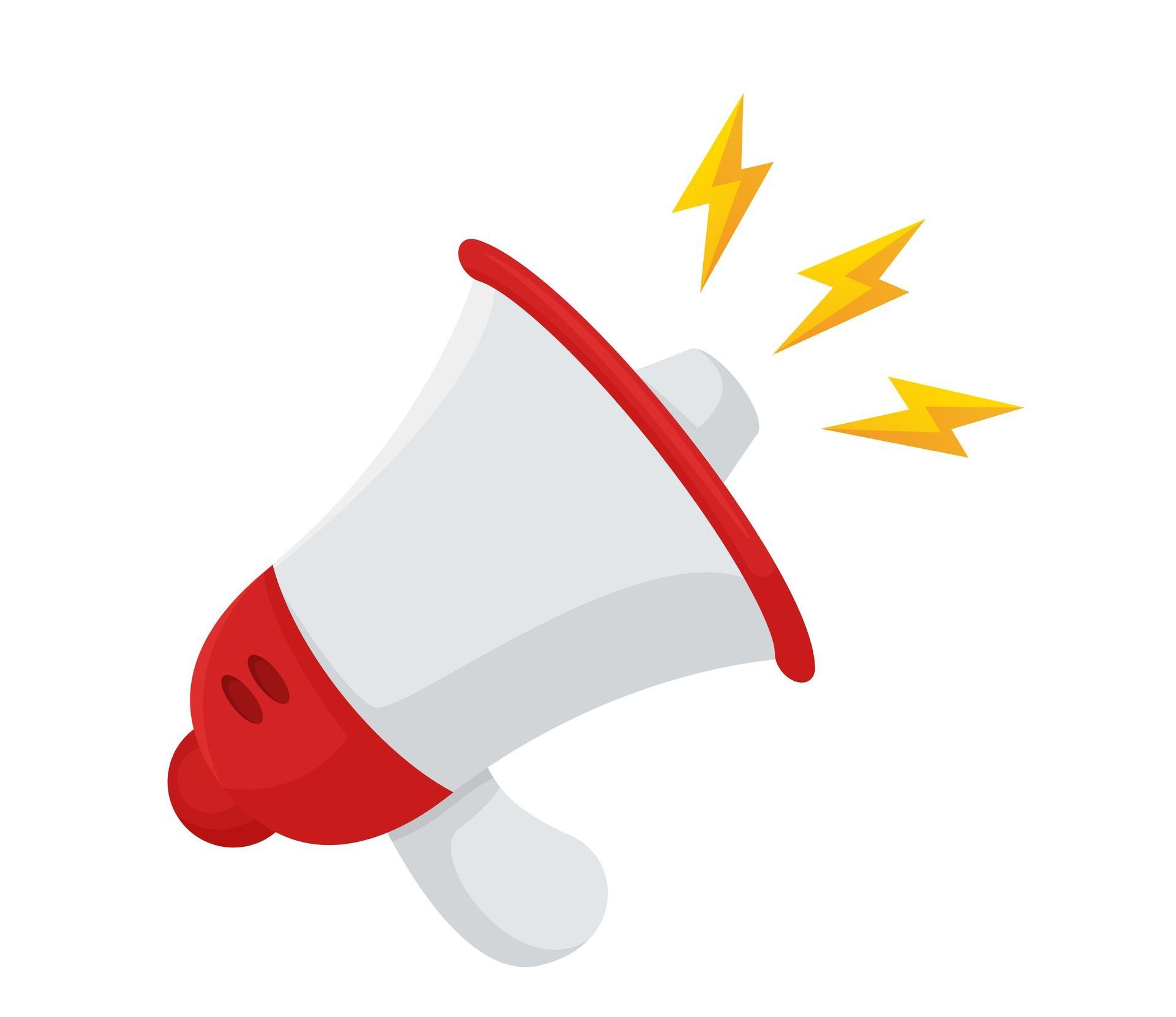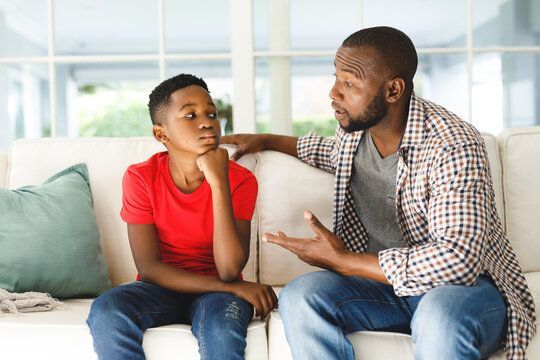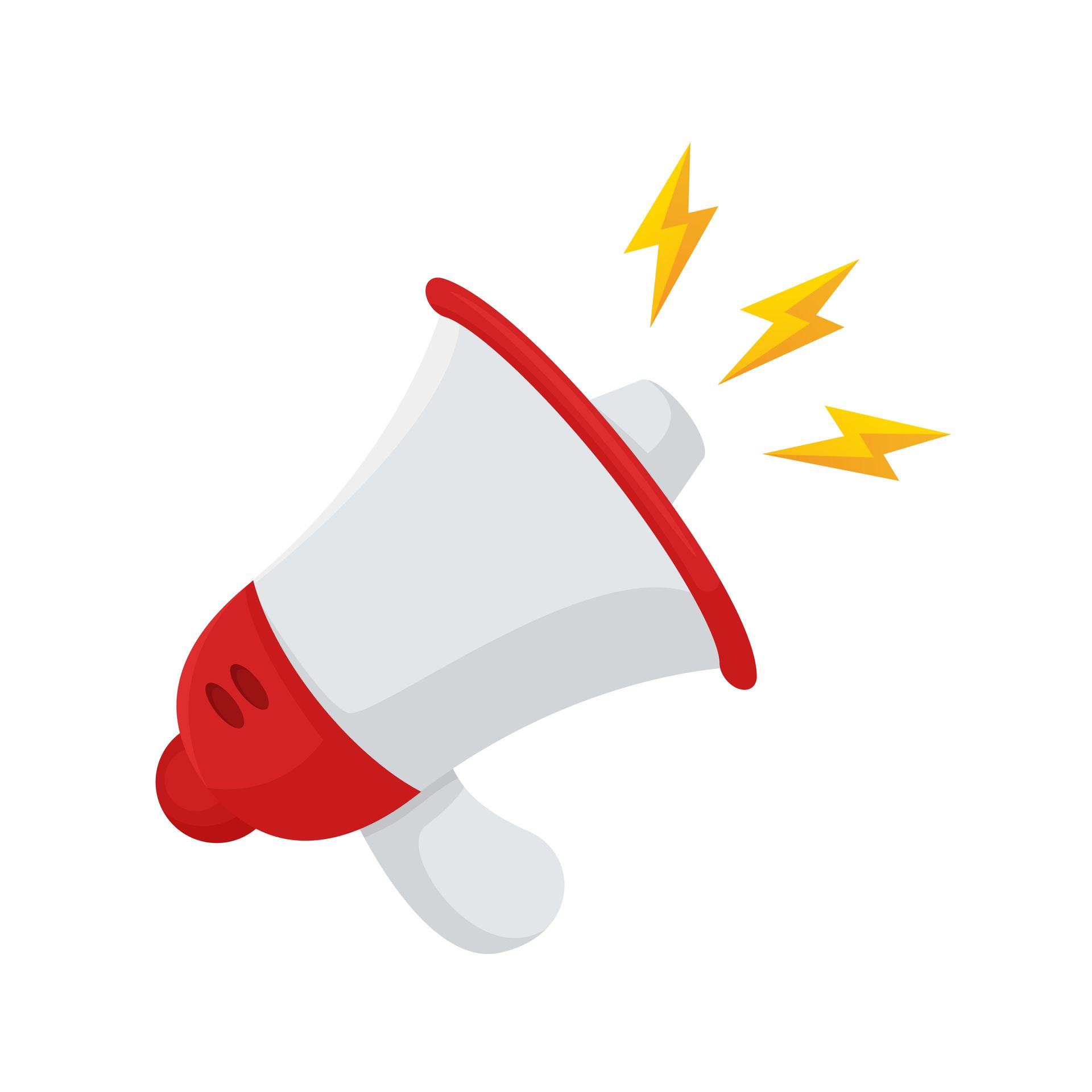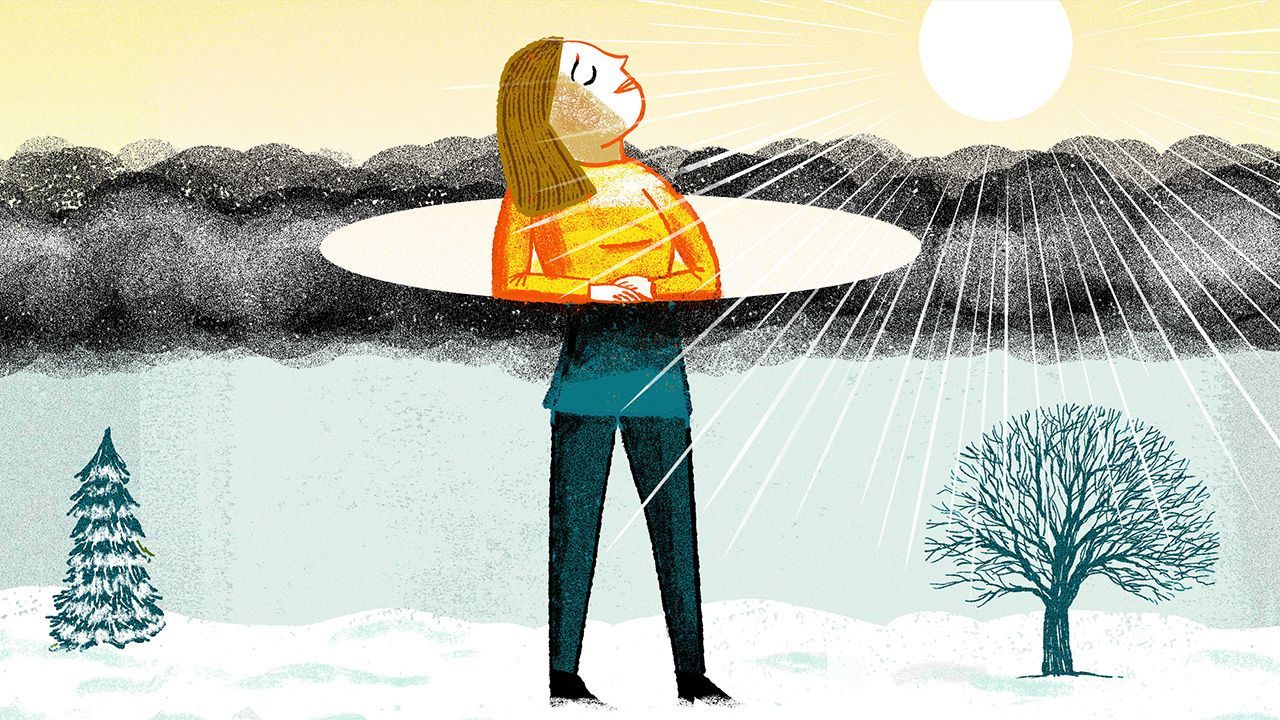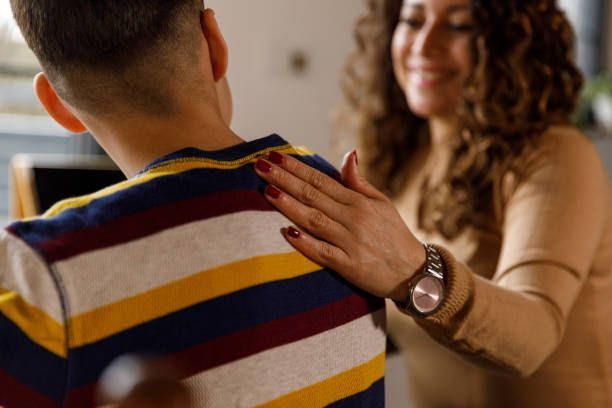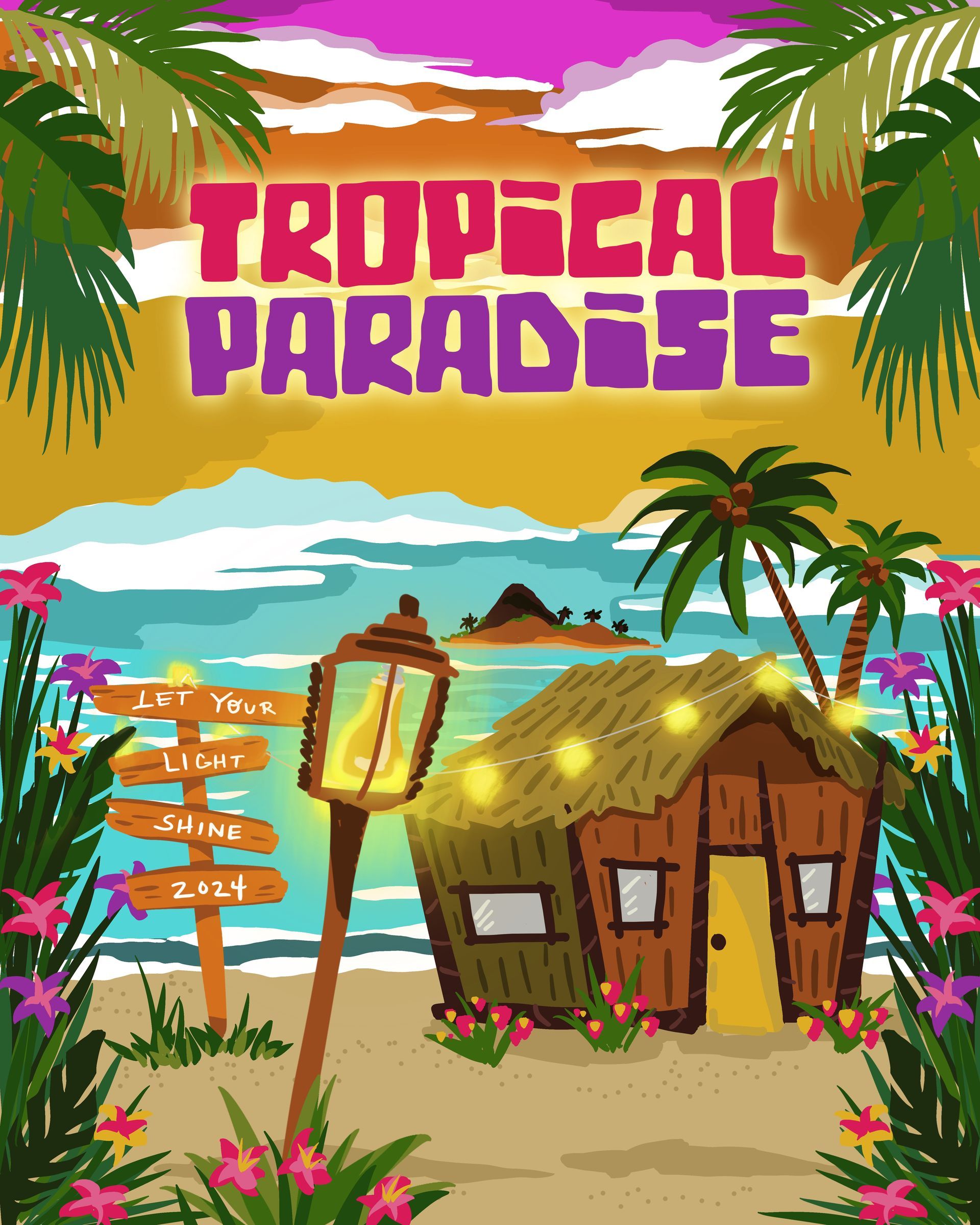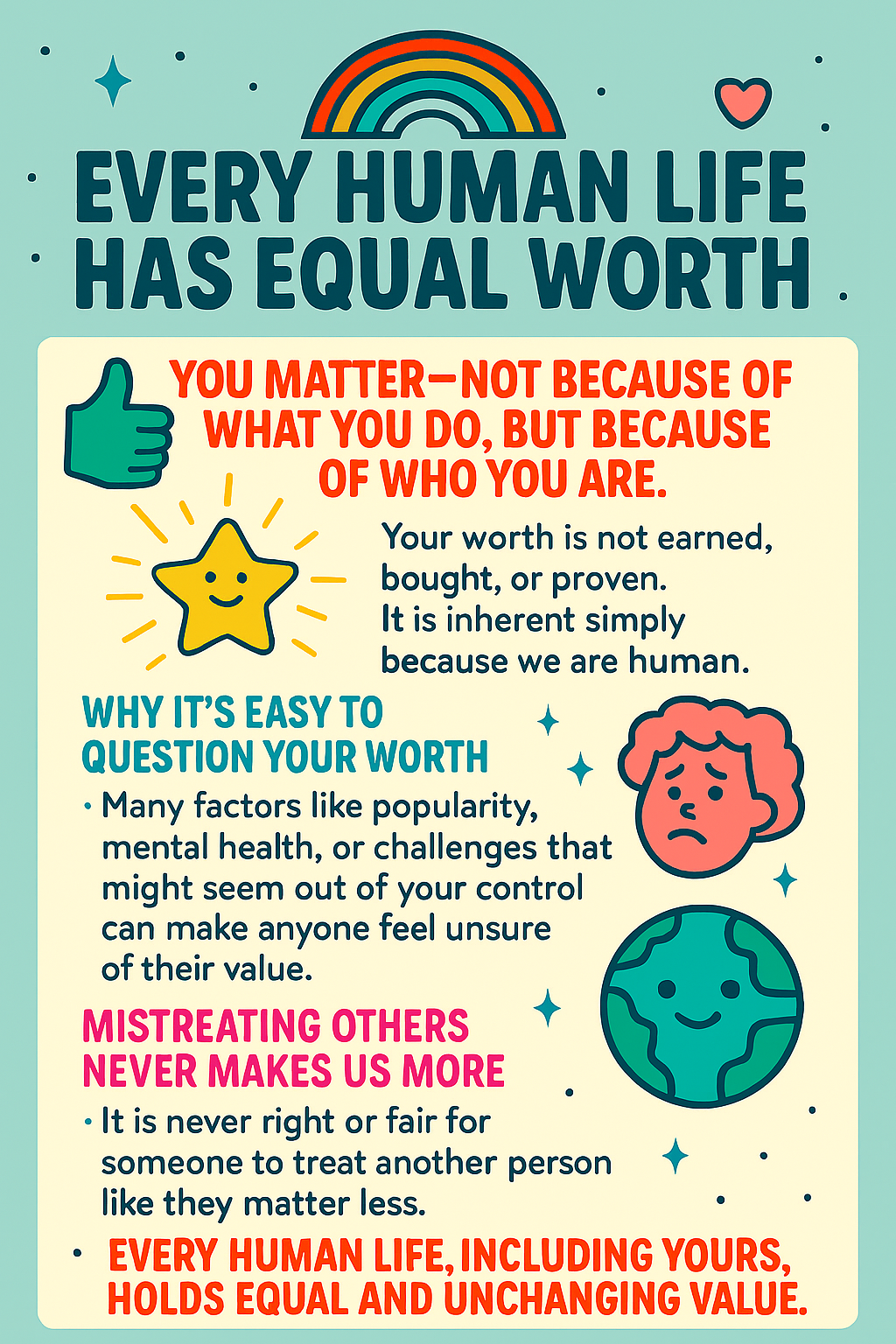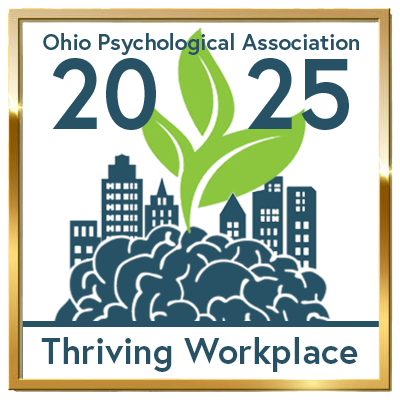This time of year there are a lot of celebrations happening in our communities – Memorial Day, Pride Festivals, Juneteenth celebrations, 4th of July and many more. These events aren’t just frivolous excuses to have parties, backyard barbecues or festivals. They are important cultural and civic events we need these celebrations.

Enjoyment of Participation in Community Events
Researchers from John’s Hopkins University identified 7 categories of positive childhood experiences that are associated with happiness and success in adulthood despite facing adversity early in life. One of those categories is the ability to enjoy participating in community events. It gives people a sense of belonging to something bigger than oneself, a sense of being accepted and valued by one’s community, and a reminder that, despite all that can and does go wrong in life, there are still good things – reasons to celebrate.
Originally called Decoration Day, Memorial is a day to remember and commemorate the sacrifices of the men and women who gave their lives in service to our country. Over time, the celebrations on Memorial Day have expanded. It is a day to appreciate the sacrifices made by military veterans and active service members. For many, it is also a day to remember deceased relatives, friends and loved ones. Grief is a common experience among Americans. The US spent more than 20 years fighting in Iraq and Afghanistan, resulting in tens of thousands of military and civilian deaths and injuries. Additionally, we’ve all been through a global pandemic. A poll conducted by the Associated Press estimated that 1 in 5 Americans lost someone close over the past three years due to COVID-19.
Pride month and Pride festivals are a way of celebrating LGBTQ+ culture, recognizing LGBTQ+ influences throughout the world, and raising awareness of political and social issues affecting the LGBTQ+ community. LGBTQ youth are at high risk for being victims of verbal assault, sexual violence, relational aggression, and cyberbullying. They are more likely than their peers to experience depression, to attempt suicide and to abuse substances. Incidents of hate crimes targeting LGBTQ+ individuals increased dramatically in recent years and many laws have been proposed and passed that restrict the rights of LGBTQ individuals. These young people need to know that there are many members of their community who see their struggle, value the contributions they make, and welcome them as friends and neighbors.
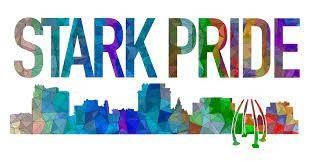
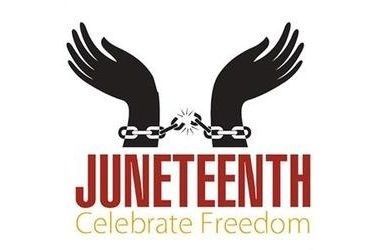
Often referred to as the “Black Independence Day,” Juneteenth honors the emancipation of formerly enslaved people at the end of the Civil War. The name is a contraction that is short for “June nineteenth.” June 19, 1865 was the day that enslaved people in Galveston, Texas, learned that the Civil War had ended and that they were free. Over time Juneteenth has come to represent more than just emancipation. It now also is a celebration of African American achievement, history, and culture. Celebrations today often aim to encourage continuous self-development and respect for all cultures. For black and brown families who have experienced racial trauma due to overt racism, microaggressions, and media depictions of violence against unarmed black people, a day devoted to expressions of joy, appreciation and freedom is much needed.
July 4, 1776 the Second Continental Congress unanimously adopted the American colonies’ Declaration of Independence from Britain. It is often referred to as the “birthday of our country.” Throughout the country people celebrate freedom with fireworks, parades, barbecues, picnics, concerts and flag waving. In a time of political conflict and intense attention focused on what we want to change or improve, it is important to take time to recognize the many things that are great about this country.
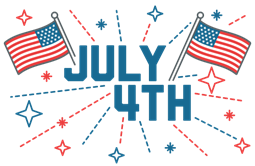
Enjoyment of Participation in Community Events
Celebrations aren’t important just for specific groups of people, they’re important for everyone. For the groups being celebrated, a chance to be recognized as valued members of society is good for individual and collective self-esteem. Others need to participate too. These celebrations offer fun opportunities to learn about diverse parts of our community, to express appreciation for others’ achievements, and to reinforce our connections with each other.
Mary M. Kreitz, LPC, CDCA has more than 20 years of experience working in the field of behavioral health. She is currently the lead therapist for the Trauma Program at Child & Adolescent Behavioral Health, is a member of the Stark County Trauma and Resiliency Committee, and is a member of the Unity Coalition to Dismantle Racism in Stark County.
RECENT POSTS
